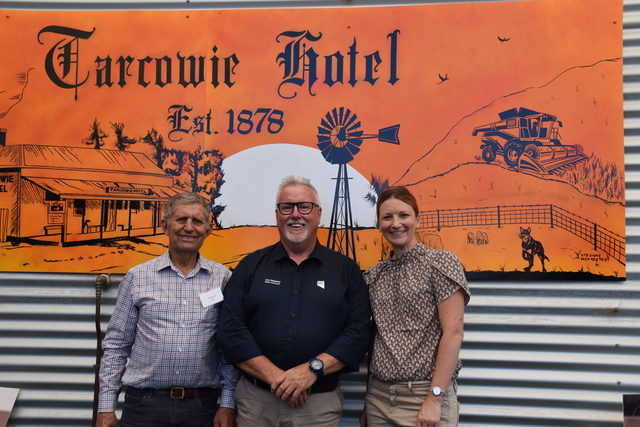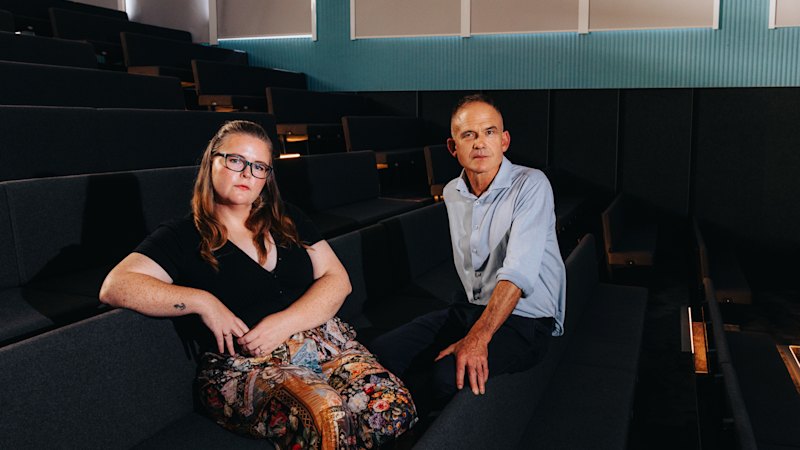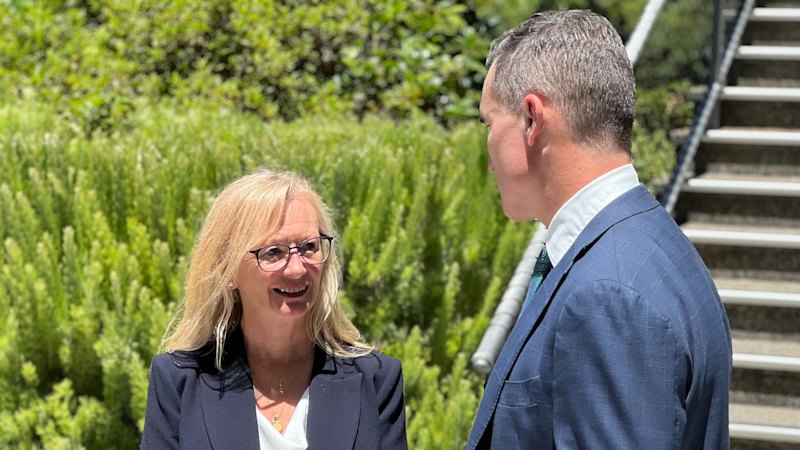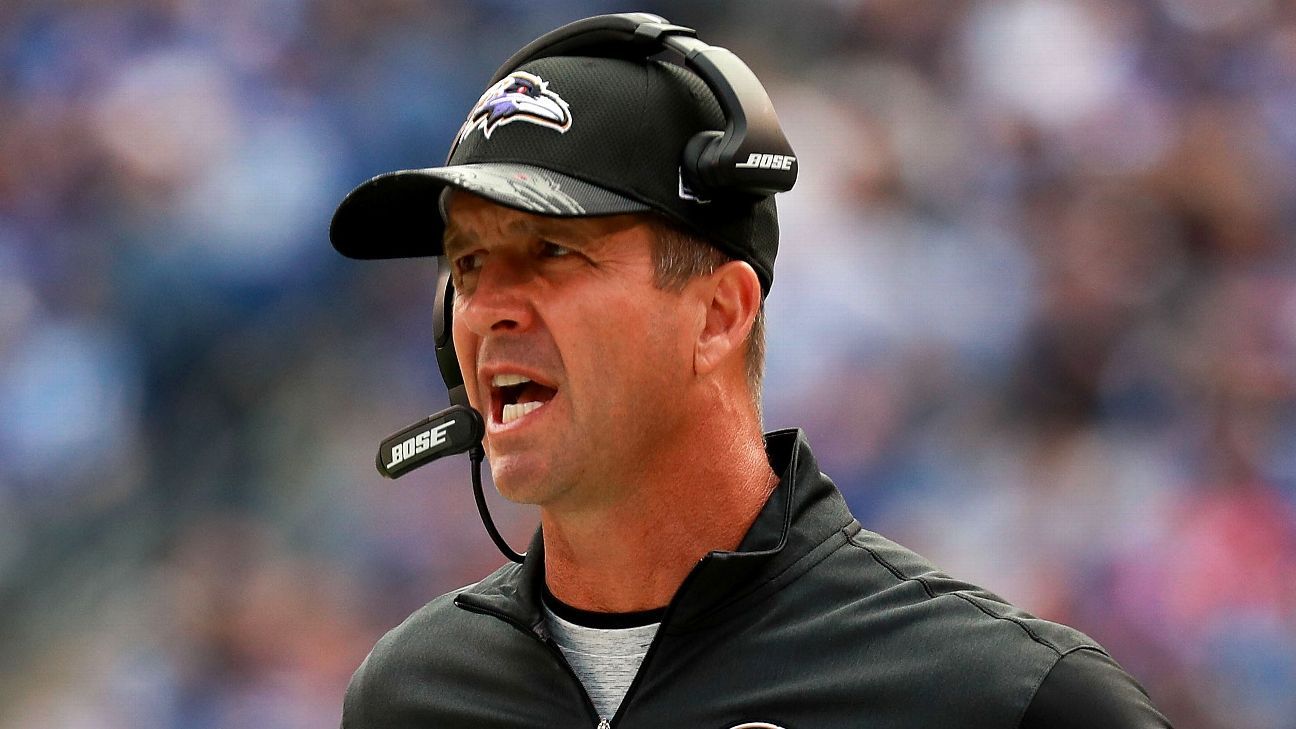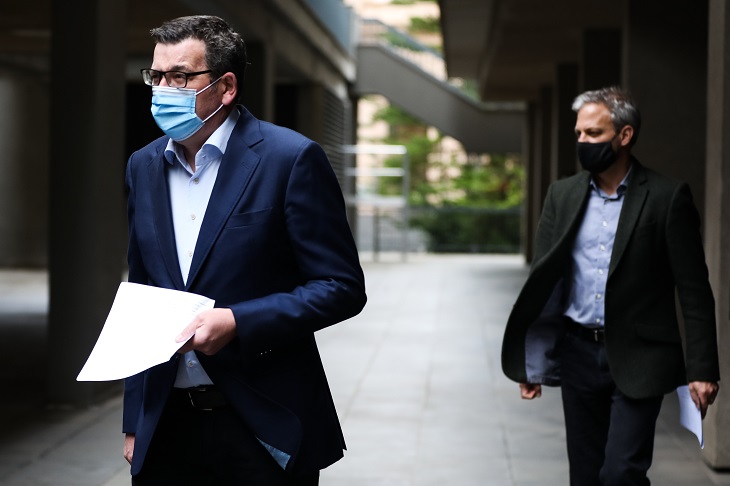
MELBOURNE, AUSTRALIA - AUGUST 17: Premier of Victoria Daniel Andrews (left) and Victorian Chief Health Officer, Brett Sutton (right) arrive for the press conference on August 17, 2021 in Melbourne, Australia. Lockdown restrictions have been extended for another two weeks across Melbourne as Victoria continues to record new cases of the highly infectious COVID-19 Delta variant. A curfew is also now in place from 9 pm to 5 am each night across the metropolitan area. The new restrictions will remain in place until 11.59 pm on Thursday, 2 September. (Photo by Asanka Ratnayake/Getty Images)
UPDATE: Brett Sutton, former Chief Health Officer of Victoria, has ignited a firestorm of debate with his recent comments suggesting that some of the strict measures during the COVID-19 pandemic were “probably never necessary.” This revelation comes after a court document disclosed that Melbourne’s controversial COVID curfew was allegedly “not based on medical advice.” The implications are profound for a state that endured an unprecedented 262-day lockdown.
The urgency of this discussion cannot be overstated. Victorians are grappling with the long-term impacts of these harsh restrictions, which have left the state facing significant economic and social challenges. Sutton’s remarks, made during an interview with retired radio host Neil Mitchell, raise pressing questions about the motivations behind such severe public health policies.
During the interview, Sutton was pressed for details on the rationale behind playground closures and mask mandates. He notably refrained from discussing the specific public health orders, asserting, “I’m not going to talk about political decisions.” This evasive stance further complicates the narrative surrounding the decisions made by the Victorian government, led by Premier Daniel Andrews, who consistently claimed that policies were strictly guided by scientific evidence.
The backdrop of Sutton’s comments comes at a critical moment. As the state faces a staggering debt projected to reach $11.7 billion by 2025-26, many are questioning how much of the government’s stringent approach was truly necessary. Analysis from the Institute of Public Affairs reveals that Victorians are now the most heavily taxed citizens in Australia, with tax revenue expected to surge by 22.3 percent by 2029.
The ramifications of these policies extend beyond finances. Mental health experts and social commentators are voicing concerns about the profound psychological effects of lockdowns. Mitchell highlighted that the lockdowns appear to have generated increased road rage and crime rates, particularly among the youth. A forthcoming book from economist Gigi Foster discusses how the prolonged restrictions have eroded motivation and diminished the social skills of a generation.
With Sutton’s recent admissions, the call for a thorough inquiry into the decision-making processes of the pandemic response is growing louder. Advocates argue that without such scrutiny, we risk repeating the same mistakes in future health crises. Sutton himself noted, “another pandemic is inevitable,” emphasizing the need for better decision-making frameworks that balance public health with civil liberties.
Critics point out that alternative approaches, such as Sweden’s less restrictive strategy, yielded lower cumulative excess deaths compared to Australia. A 2023 study published in Frontiers in Public Health suggests that less severe measures could have produced more favorable outcomes. This raises urgent questions: How many decisions were genuinely based on health data, and how many were politically motivated?
The people of Victoria deserve clarity and accountability regarding the choices that shaped their lives during the pandemic. As the state emerges from the shadows of its stringent lockdown, the necessity for a Royal Commission into the pandemic response has never been clearer. Victorians, and indeed all Australians, are demanding transparency to rebuild trust in their institutions.
This unfolding narrative around Sutton’s comments and the broader implications of pandemic policies is one that resonates deeply. As communities continue to recover from the lasting effects of the lockdown, the need for open dialogue about the intersection of public health and political decisions is crucial. Share your thoughts and experiences as we navigate this pivotal moment in our history.
